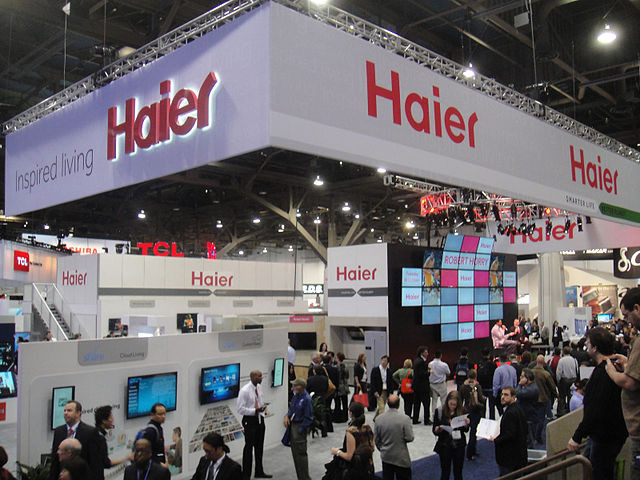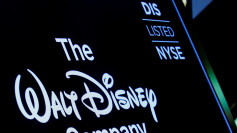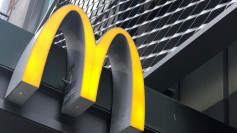In the latest wave of Chinese companies expanding overseas, Haier, an established player, has made a significant move. Haier Smart Home, the appliance subsidiary of Haier Group, recently signed a transaction agreement with Sweden's Electrolux Group to acquire Electrolux South Africa Proprietary Limited (ESA), which operates in the South African water heater market. The deal, worth 2.45 billion South African Rand (approximately 1 billion Yuan), includes ESA's 100% equity and its appliance business personnel. The transaction is expected to close in the fourth quarter of 2024, pending regulatory approval.
This acquisition is driven by Haier's interest in ESA's century-old water heater brand, Kwikot. Kwikot's business covers a diverse range of products, including storage water heaters, solar water heaters, multi-energy solutions, gas water heaters, and heat pumps. As a leading water heater manufacturer in South Africa, Kwikot boasts a comprehensive sales and after-sales service network in the region. ESA's EBITDA profit margin is in double digits, aligning with Haier's water heater business, which had an operating profit margin of 11.9% in 2023.
Haier Smart Home sees this acquisition as a strategic move to enhance its presence in the African market. By leveraging ESA's sales channels and after-sales network in South Africa, Haier aims to diversify its water heater product offerings and expand the market for its other white goods. The African market presents significant growth potential. According to Research Nester, the global compound annual growth rate (CAGR) for instant water heaters from 2022 to 2031 is expected to be 9%, with the highest growth rates projected in North America, the Middle East and Africa, and Latin America due to increasing awareness of energy efficiency and emerging economies.
Analysts from Huachuang Securities noted that this acquisition helps Haier strategically navigate geopolitical risks in the U.S., China, and Europe, and capitalize on the growth opportunities presented by emerging markets with low penetration rates and high economic growth. This move also aims to address Haier's weaknesses in the Middle East and Africa, accelerating its market share in these regions.
Haier has been consistently investing in the Middle East and Africa to overcome market limitations. For instance, Haier's Egypt Eco Park, which opened in May, has a design capacity of over 1.5 million units, including air conditioners, washing machines, TVs, refrigerators, and freezers. According to Haier, the company has achieved triple growth in the Middle East and Africa over the past three years. In Nigeria, Haier's freezers hold the top market position; in Egypt, the sales of Haier's high-end air conditioner series have increased by 122%; and in Ghana, high-end washing machines have seen a 30% growth.
Haier entered the African market as early as 1998, marking its first strategic expansion following its globalization strategy. With growing influence and recognition, Haier established overseas air conditioner manufacturing bases in Algeria, Nigeria, and Tunisia in 2001. In 2019, Haier established a trading company in Egypt and transitioned to a high-end localized brand in 2020.
As one of the top three Chinese white goods giants, Haier has achieved significant globalization, thanks to the early and consistent efforts of its founder, Zhang Ruimin. Zhang's strategic focus on globalization, through both its own brand and acquisitions of overseas brands, has given Haier a first-mover advantage. In 2023, Haier Smart Home's overseas revenue reached 136.4 billion yuan, accounting for 52% of its total revenue. This compares to Midea Group's overseas revenue share of 40.56%, and Gree's less than 10%.
Haier has built a global brand matrix through acquisitions and brand diversification, including Haier, Casarte, Leader, Aqua, CANDY, GE Appliances, and Fisher & Paykel. According to Huachuang Securities, recent home appliance exports have been strong, with production schedules for air conditioners, refrigerators, and washing machines from June to August showing significant growth driven by demand from emerging markets like Southeast Asia and the Middle East.
Although Haier has become a darling of the capital market, with its stock price rising nearly 50% this year, it still faces challenges in further enhancing its global brand power, increasing profit margins, and exploring new growth avenues. The competitive landscape is expected to intensify as more home appliance companies seek to tap into overseas markets to overcome growth bottlenecks in the domestic market.
Haier's strategic foresight, driven by Zhang Ruimin, has positioned it well for the current era. The company's recent successes indicate that Haier's time has come, but the road ahead remains challenging as it navigates the complexities of global expansion.






